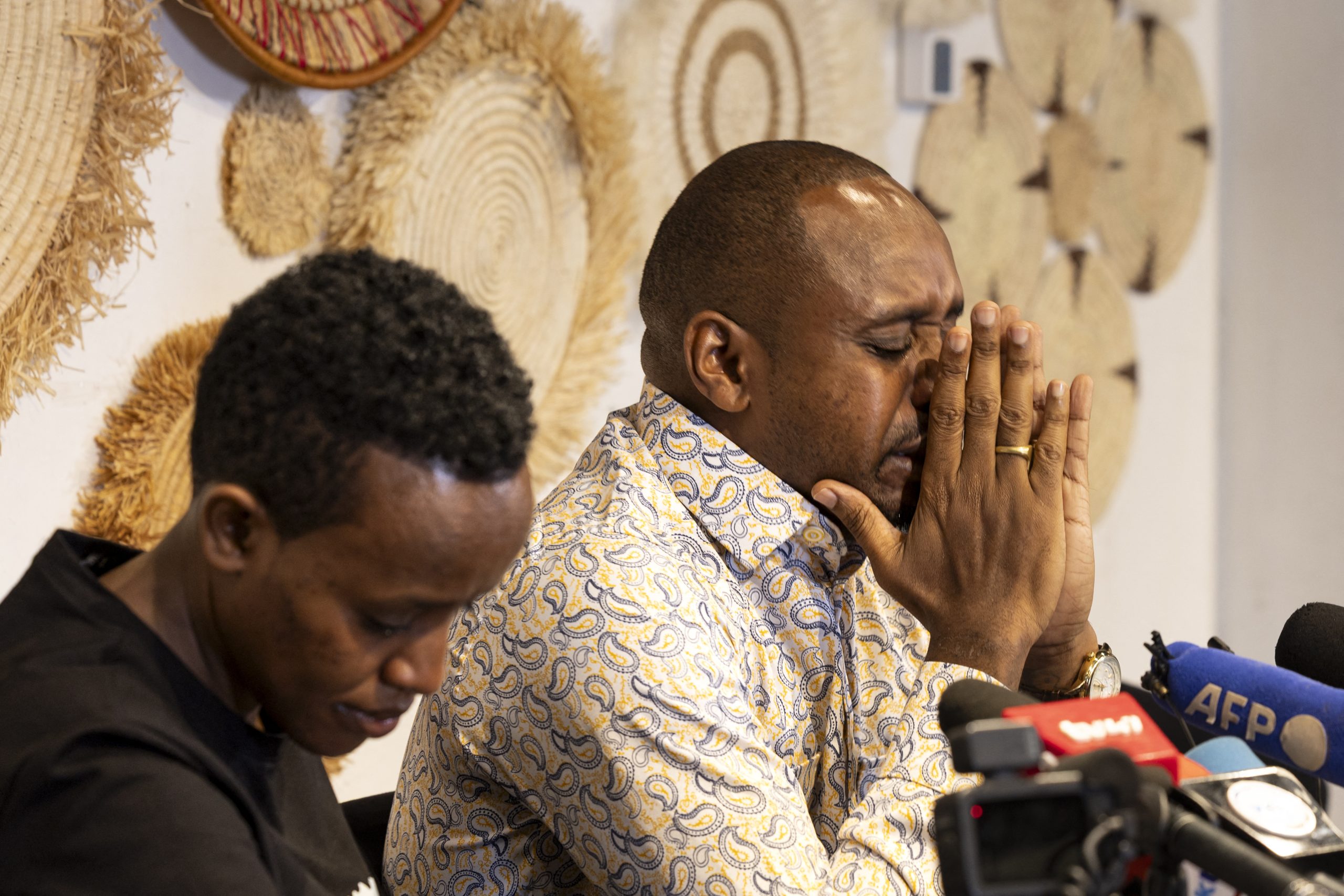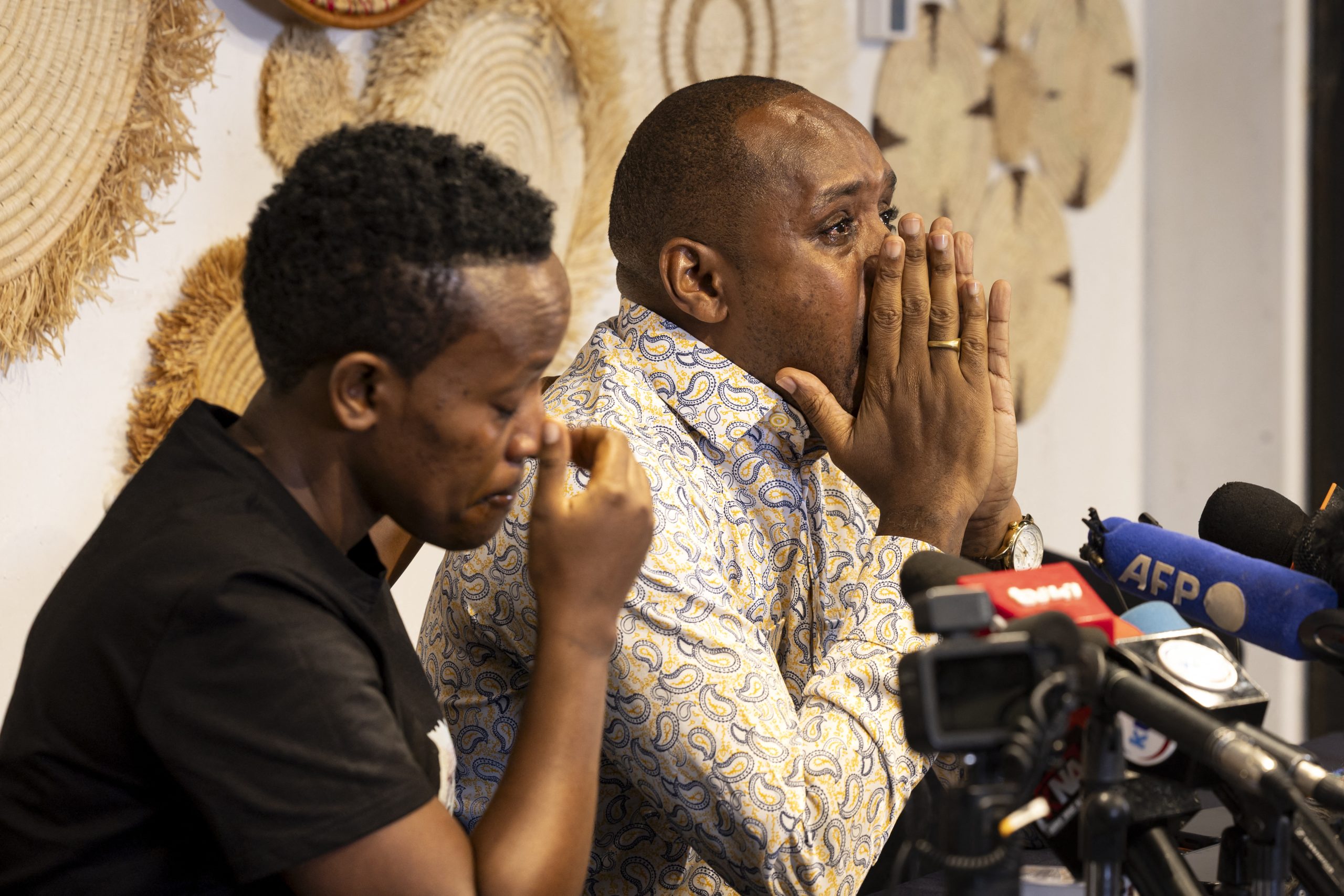Activists Boniface Mwangi and Agather Atuhaire from Kenya and Uganda, respectively, have filed a major case at the East African Court of Justice (EACJ) alongside seven regional civil society organizations.

The two accuse the Government of Tanzania of orchestrating their abduction, torture, unlawful detention, and deportation in May 2025, and hold the Governments of Kenya and Uganda, as well as the Secretary General of the East African Community (EAC), responsible for failing to protect their citizens and uphold regional laws.
The applicants in the case include Boniface Mwangi, Atuhaire, Agora Centre for Research, Centre for Strategic Litigation, East Africa Law Society, Kenya Human Rights Commission, Innovations for Democratic Engagement and Action (IDEA), the Kenyan Section of the International Commission of Jurists (ICJ-Kenya), and the Pan African Lawyers Union.
The respondents are the Attorney General of Tanzania, Uganda, and Kenya, and the Secretary General of the EAC.
According to the case, between May 19 and 23, 2025, Boniface Mwangi and Atuhaire were abducted by unknown individuals from their hotel in Dar es Salaam.
They were first taken to the Immigration Department and Central Police Station before being removed without any legal explanation to an unknown location. There, they were subjected to physical and psychological torture, including sexual violence.
They were later dumped across the border, Atuhaire in Uganda and Mwangi in Kenya.
At the time of the incident, the two had lawfully travelled to Tanzania to observe the treason trial of opposition leader and lawyer Tundu Lissu.

At no point were they informed of any charges, nor were they told under what law or whose authority they were being detained or moved from police custody.
Despite wide coverage in East African and international media about their disappearance, both the Kenyan and Ugandan governments failed to take any meaningful action to secure their release or hold the Tanzanian authorities accountable.
The applicants also say the EAC Secretary General remained silent and did not take any corrective steps, despite the serious human rights concerns and the matter being widely known across the region.
The applicants argue that the actions and inaction of the four respondents amount to serious violations of the Treaty for the Establishment of the East African Community, the African Charter on Human and Peoples’ Rights, and other binding regional and international legal instruments.
They also say the events undermine the ideals of East African unity and Pan-African cooperation.
The applicants are demanding several remedies, including public apologies from the governments of Tanzania, Kenya, and Uganda; compensation of at least $1,000,000 for each victim; and rehabilitation and psychosocial support.






